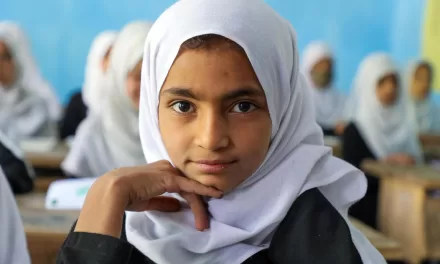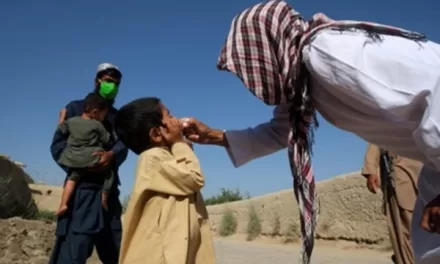
Key facts
- More than 1 billion people are on the move globally, about 1 in 8 of the global population.
- Of this total, 281 million people are international migrants (1) and 84 million are forcibly displaced (48 million are internally displaced, 26.6 million are refugees, 4.4 million are asylum seekers). Among the forcibly displaced, 35 million are children and 1 million were born into refugee life (2).
- The number of people on the move is expected to grow due to poverty, lack of security, lack of access to basic services, conflict, environmental degradation and disasters.
- Migration could both improve or diminish an individual’s health status. Refugees and migrants often face worse health outcomes in countries of transit and destination due to barriers including language and cultural differences, institutional discrimination and restricted use of health services.
- Social, political and economic exclusion can result in poverty, homelessness and exploitation, which can create a higher risk for noncommunicable diseases.
- The COVID-19 pandemic has exacerbated existing inequalities in certain populations, which may include refugees and migrants, particularly those in irregular situations.
International Migrants Day, observed on December 18, marks a global effort led by the World Health Organization (WHO) and the International Organization for Migration (IOM) to acknowledge and celebrate migrants while championing their rights and well-being.
Migration, an inherent part of human history driven by diverse reasons, remains a catalyst shaping societies worldwide. This day not only honors migrants but also serves as a platform to advocate for their rights and harness the transformative potential of migration.
Migrants, often unrecognized for their diverse skills, play a crucial role in enriching host countries and communities. They serve as agents of change, fostering opportunities for progress and contributing significantly to social and economic growth. Particularly notable has been the invaluable contribution of migrant health workers in combating the COVID-19 pandemic, highlighting their pivotal role in frontline responses.
To optimize the benefits of migration and address global challenges, prioritizing the physical and mental health of migrants is paramount. WHO advocates for specific actions to achieve this, emphasizing the need for inclusive health services, addressing root causes affecting migrants’ well-being, investing in comprehensive data collection, promoting high-quality research, removing barriers to universal health coverage, and more.
WHO’s Department of Health and Migration develops norms, standards, and tools to enhance countries’ capacity in providing inclusive health services tailored to the needs of migrants. Technical assistance and capacity-building support are also offered to aid in developing national health policy strategies and regional action plans for migrants’ health needs.
Furthermore, despite the challenges in gathering health information for migrant populations, WHO is dedicated to building a global evidence base and setting global research priorities to bridge knowledge gaps and formulate evidence-based policies.
In line with this commitment, WHO invites submissions for the 5th Health for All Film Festival, focusing on public health narratives and acknowledging the impact of migration on health. The festival welcomes original short films addressing the health and well-being of migrants and refugees, their unique health needs, rights, and access to healthcare. This initiative seeks to raise awareness and celebrate the resilience of these communities through audiovisual storytelling.
By prioritizing the health of migrants and refugees, WHO and partners envision a world that embraces the transformative potential of migration while ensuring a healthier and more equitable future for all. For details on participation in the Health for All Film Festival, visit www.who.int/film-festival.










